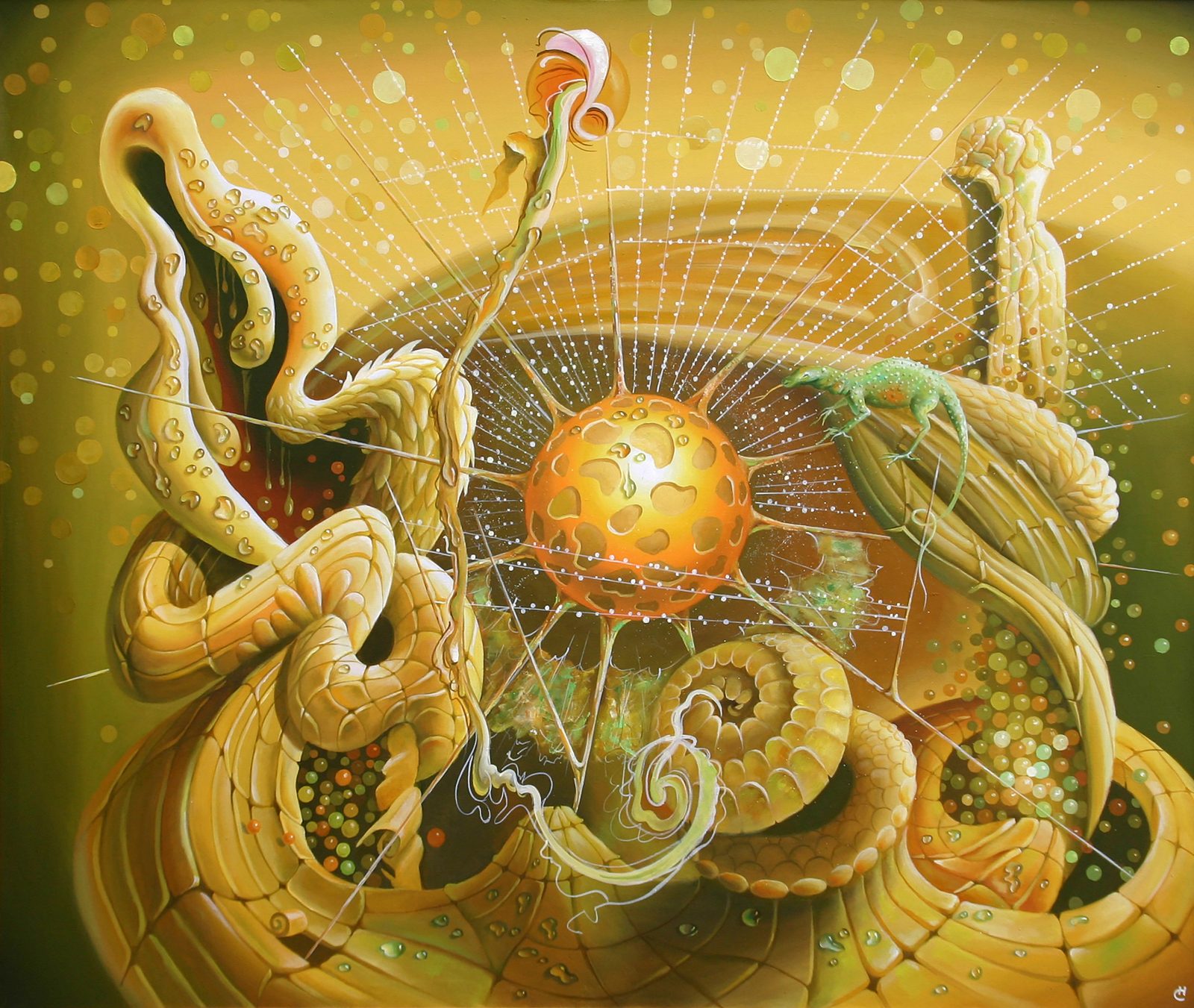
Taking Leave of Darwin’s Warm Little Pond
Today’s ID the Future offers a sneak peek at the new book Taking Leave of Darwin: A Longtime Agnostic Discovers the Case for Design by Neil Thomas (Discovery Institute Press). Here Scotsman Andrew McDiarmid reads from a Chapter 2 segment titled “The Elusive First Step.” Much of the book is a critical examination of Darwin’s theory of biological evolution, in its original and updated forms; but here Thomas takes up Darwin’s proposal for the unguided origin of the first living cell. Thomas, like others before, points up the persistent and growing problems with a designer-free origin of life, but here he also explores some of the cultural influences that primed society to view the leap from non-life to life as easily made. Frankenstein’s monster makes an appearance, but tune in to see how the behavior of some actual investigators grew almost stranger than fiction. And to learn how some of the beliefs undergirding the pseudoscience of re-animation persist today in reincarnated form (in the field of abiogenesis), pick up a copy of Thomas’s Taking Leave of Darwin: A Longtime Agnostic Discovers the Case for Design.
